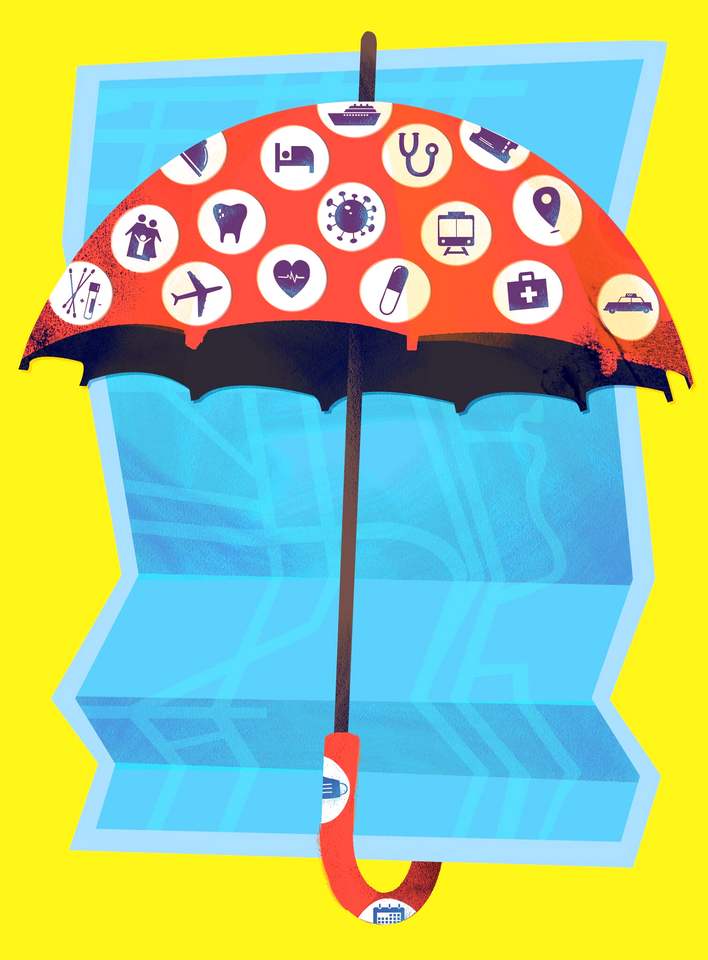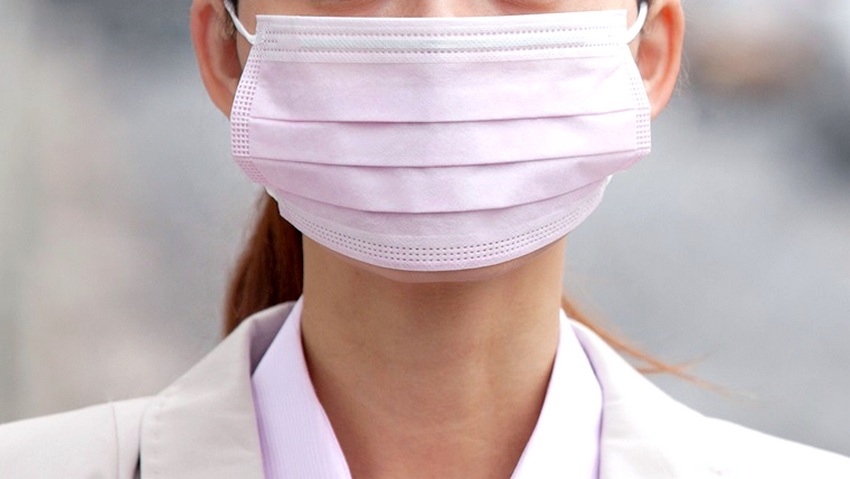
Everyone knows why Thai authorities are insisting on medical cover for all foreignvisitors. In 2019, according to the public health authority, unpaid hospital bills amounted to 448 million baht and rising. That, of course, was in the pre-pandemic era, before Covid coughed its way into the headlines.
From November 1, most foreigners entering the country will need Covid-specific insurance to the value of US$50,000, which replaces the former US$100,000 floor, presumably to encourage international tourism. The exceptions will be foreigners working officially with Labour Department permits since they pay a percentage of their salaries into the government's social security fund which covers hospitalization.

Initially, the civil aviation authority stated the insurance must be from a Thai company, but we later found out that foreign-based companies are also eligible. We have yet to see the details of any newly-devised US$50,000 policy. For example, the website http://covid19.tgia.org/, representing the Thai General Insurance Association, has not yet been updated.
The obvious questions about refunds if a foreign trip is cancelled, what happens if you test positive for the virus on arrival in Thailand and what hospital treatment (and where) you can actually expect are still grey areas. Policies also need to clarify if fees are automatically paid, or if you must pay the hospital bill first and claim back the cash in your own time. Each insurance company will differ significantly on the detail. You can bet your life on it.

The current Thai proposals excuse most entrants from having non Covid-related, general health insurance. So if you break your leg on holiday, or catch significant malaria, you won't be covered unless you take out a separate and expensive add-on or separate policy. In other words, the long-standing issue of stranded farang desperately needing a heart bypass and pleading for crowd funding to get back home is not being addressed.
However, compulsory general medical insurance might be still required for two groups who have hitherto needed it on top of Covid cover. They are the one year O/A retiree visa holders and those holding the Special Tourist Visa which allows tourists to remain in the country up to nine months. To find out more, we will have to wait for embassies to update their websites giving detailed instructions on visas.
Unless there is a seismic shock about to descend on the expat population, foreigners extending their visas or obtaining extensions of stay at Thai immigration offices will not be required to show any insurance documentation. Unless, of course, they hold the O/A annual visa which is always and mysteriously in a category of its own. Moreover, compulsory vaccination for expats remaining in Thailand is not a criterion for staying here. Not yet, that is.
A lot of medical insurance for travellers is aged-capped. It may be difficult for some intended visitors to Thailand to qualify for entry once they reach 65 or 75 even though they are the wealthiest target group according to marketing research. In the post-pandemic world, health insurance in some form will become virtually universal for international travellers. If Thailand is to make a success of its opening-up policy, a host of medical detail awaits clarification. And sooner rather than later.





Inga kommentarer:
Skicka en kommentar